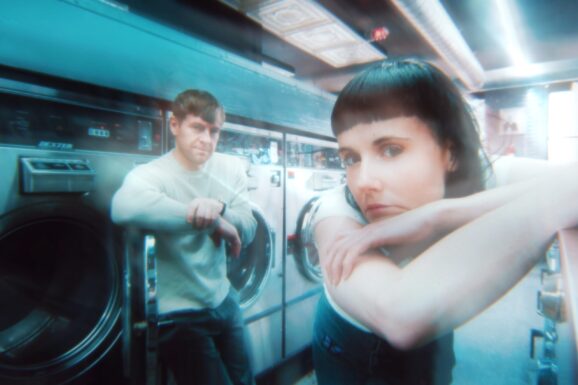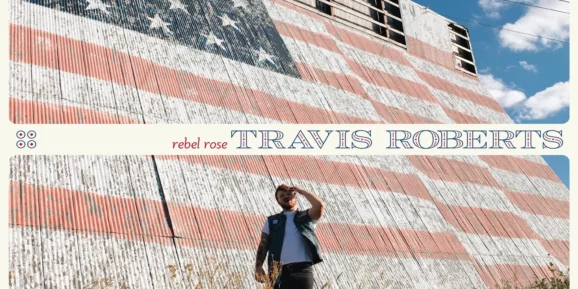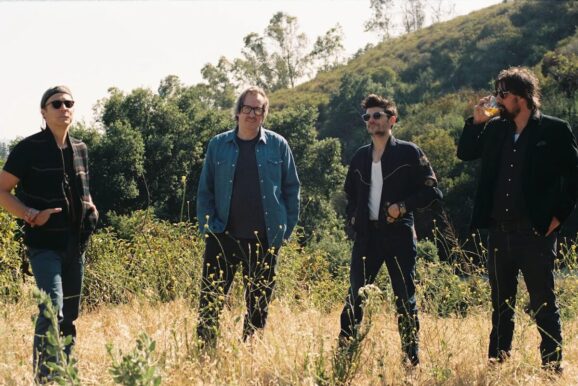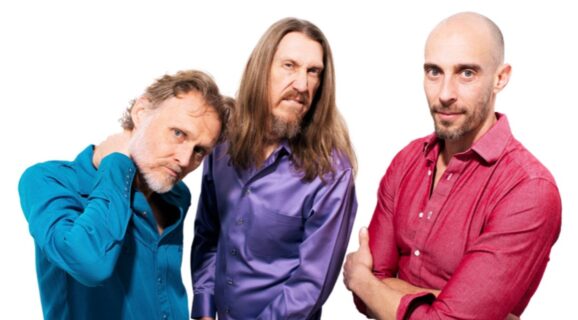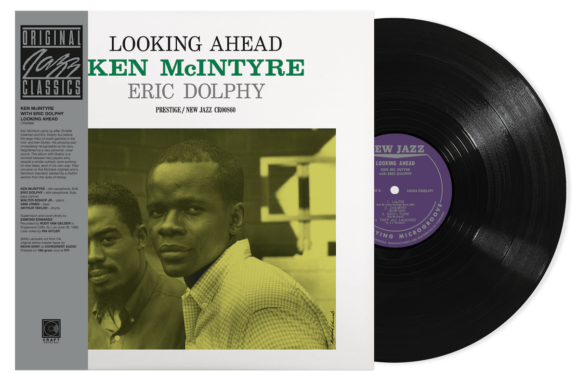With Early Waves, Chicago drummer and composer Peter Manheim emerges not just as a sideman with range, but as a sonic architect capable of designing entire musical ecosystems. A follow-up to 2023’s In Time EP, this debut full-length expands his vision into something vast yet intimate, drawing from his roots in jazz and global percussion while also stepping boldly into electronic textures and ambient dreamscapes. Early Waves reflects Manheim’s time living in Chicago, Brazil and NYC; the result is a record that resists strict genre labels.
Opener “Early Waves” sets the tone with a shifting tide of synth pads, cymbal textures, and unhurried melodic development, giving the listener hints of Jorge Ben and Caetano Veloso mixed with jazz exploration. But it’s “Joy” that brings the album into clearer focus—anchored by a springy rhythm and buoyant ensemble interplay, it suggests a loose connection to Brazil’s samba traditions while still sounding unmistakably futuristic. “Nü Bossa” continues that thread, but filters its rhythm through fragmented electronics and a deconstructed groove that feels more Chicago footwork than Ipanema. Instead of mimicking Brazilian bossa nova, Manheim dissects it, pulling its DNA apart and reassembling it in his own rhythmic dialect. It’s emblematic of the album’s approach: homage filtered through distortion, not replication.
The album’s centerpiece, “Moon Is Gone,” is a masterclass in restraint and atmosphere. A pulsing bass synth provides the spine, over which tenor saxophonist Alex Cummings weaves airy, echo-laced phrases while Eric Burns’ guitar lines shimmer like light on water. “Peace Groove” is deceptively titled—its drifting harmony suggests calm, but the percussion simmers with nervous energy. “NSS” features dense cross-rhythms that feel like a late-night conversation between West African drumming and Chicago house. Manheim’s kit work here is deeply felt, not showy, but expressive. Closer “Pressure” brings the record full circle with an urgent, tightly wound jam that channels jazz fusion energy through a filter of glitchy electronics and rhythmic tension.
Taken as a whole, Early Waves is less a statement of genre-blending and more a statement of identity. Manheim isn’t just fusing styles for effect; he’s honoring the full range of his musical lineage, from the conservatory to the club, from NYC to São Paulo to Chicago. There’s a generosity in this music, a willingness to let influence and intuition coexist. That openness gives Early Waves its magnetic pull. In an era when so much “genreless” music feels calculated or vague, Peter Manheim’s debut feels deeply personal and vividly realized.



